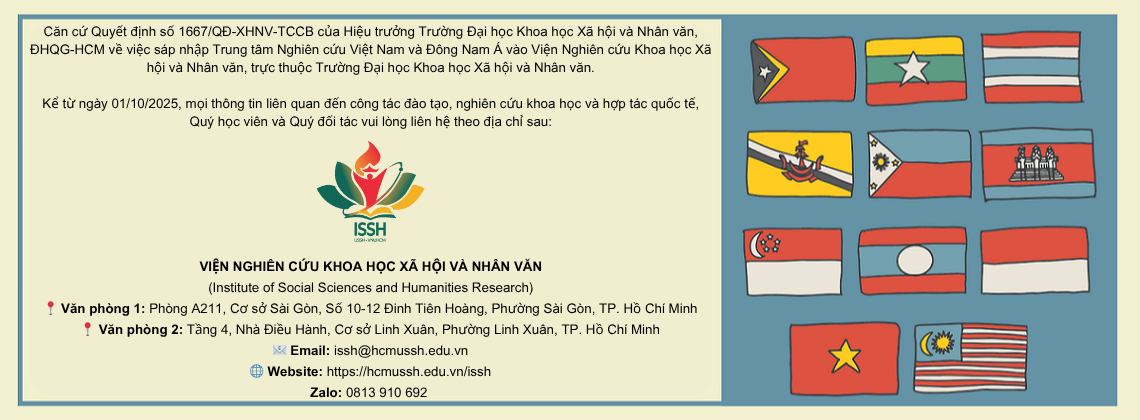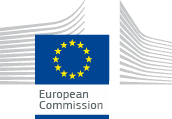STUDY ON ECO-AGRICULTURE IN THAILAND WITH UNIVERSITY OF TOKYO
, 21/09/2013 22:09The Center for Vietnamese and Southeast Asian Studies (CVSEAS) collaborated with the University of Tokyo (Japan) to conduct a study on eco-agriculture in northern Thailand from 17 – 19 September, 2013.
The research’s participants include Dr. Tran Dinh Lam, Director of CVSEAS; Assoc.Prof.Dr. Thanh Phan, Deputy Director of CVSEAS; Prof. Ikemoto Yukio and Dr. Kihueng Kim, experts on poverty and inequality in Asia from the University of Tokyo (Japan) together with some other members.
.jpg)
This study is within the frame of the Interdisciplinary study on poverty based on capability approach, which has been carried out by CVSEAS in cooperation with the University of Tokyo (http://www.jsps.go.jp/english/e-aaplat/projects_underway.html). CVSEAS also worked with the University of Tokyo to do a study on fresh vegetables villages in Vietnam and achieved good results. In the research this time in Thailand, the group was welcomed at the Mahasarakham University by Prof.Dr. Anuchita Moongngarm, Dean of the Faculty of Technology together with Prof.Dr. Kriangsuk Boontiang, Dr. Phirayot Khaengkhan and Dr. Orawan Sriompun from the School of Agricultural Technology, Faculty of Technology.
Before the field trip, Prof.Dr. Anuchita Moongngarm delivered a brief presentation on the Mahasarakham University and his faculty’s curriculum. He put an emphasis on a training program with the model of “theory connected with reality”, “university with society”, “lecturers with enterprises”, and “students with farmers”, which are all based on practical scientific studies to serve lecturers, students, businesses and farmers. As a proof of this model’s effectiveness, Dr. Phirayot Khaengkhan and Dr. Orawan Sriompun presented the success of the training program of the School of Agricultural Technology which is linked with eco-agriculture via the product “organic rice” labeled "CHAMPASRI", "ORGANIC THAILAND".
After some introduction and discussion, the research group had a field trip, visiting the university’s experimental setting which cultivates “fresh rice”, exchanging ideas with farmers who have successfully applied the eco-agricultural model in reality such as the Center for Eco-agricultural Training and Eco-agricultural Farms of farmers. The group also visited some other places where Thai farmers introduce, display and consume their own eco-agricultural produce.
The study result indicates that this is a successful training model of the Mahasarakham University, Thailand. As a result, Vietnamese universities should be in partnership with it to learn its experience so that they can propose training programs closely connected with society and reality. Also, regional training, especially in Southeast Asian and Asian regions, needs expanding.














